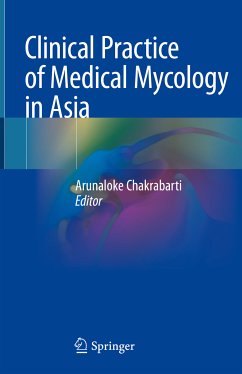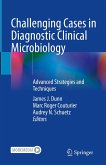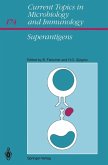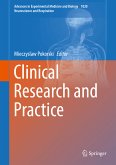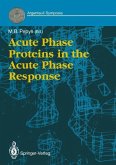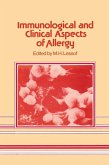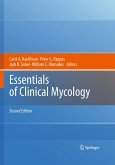This book discusses the unique epidemiology of fungal infections in Asia, illustrating that the situation in these countries is different from that in Western countries in terms of the causative species, natural history and management strategies. Asia, the world's largest continent and home to more than half the global population, has conditions that favor the growth of many fungi, including a number of unique species. Further, socio-economic conditions such as overcrowding, compromised health care facilities and lack of awareness add to the morbidity and mortality due to fungal diseases in this part of the world. Since the majority of Asian countries do not have good diagnostic mycology laboratories, antifungal management is often based on experience. The limited data from Asian countries suggest a very high incidence of fungal infections.
This book addresses epidemiology of fungal infections in general and specific populations of Asia, fungal allergy, and diagnosis and management in resource-limited environments. The book is must read for busy clinicians, microbiologists and critical care providers.
Dieser Download kann aus rechtlichen Gründen nur mit Rechnungsadresse in A, B, BG, CY, CZ, D, DK, EW, E, FIN, F, GR, HR, H, IRL, I, LT, L, LR, M, NL, PL, P, R, S, SLO, SK ausgeliefert werden.

